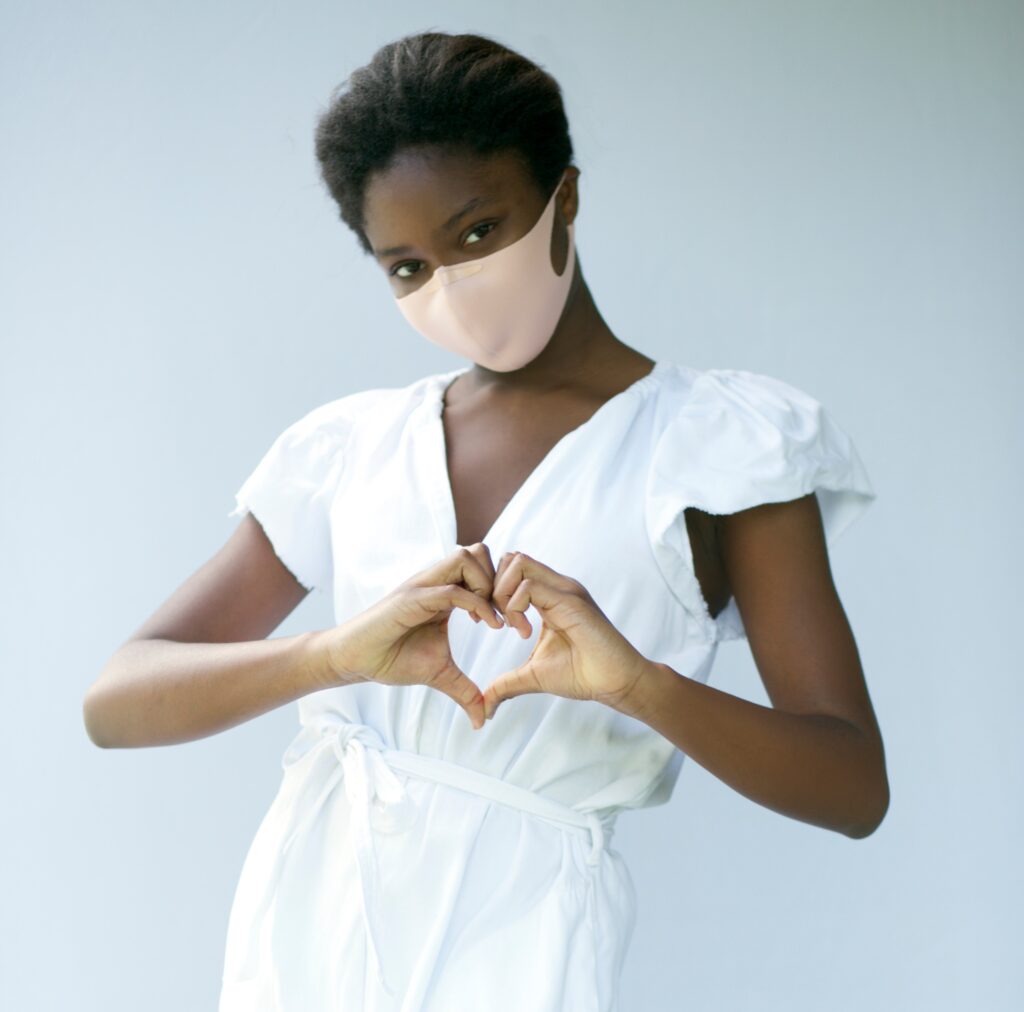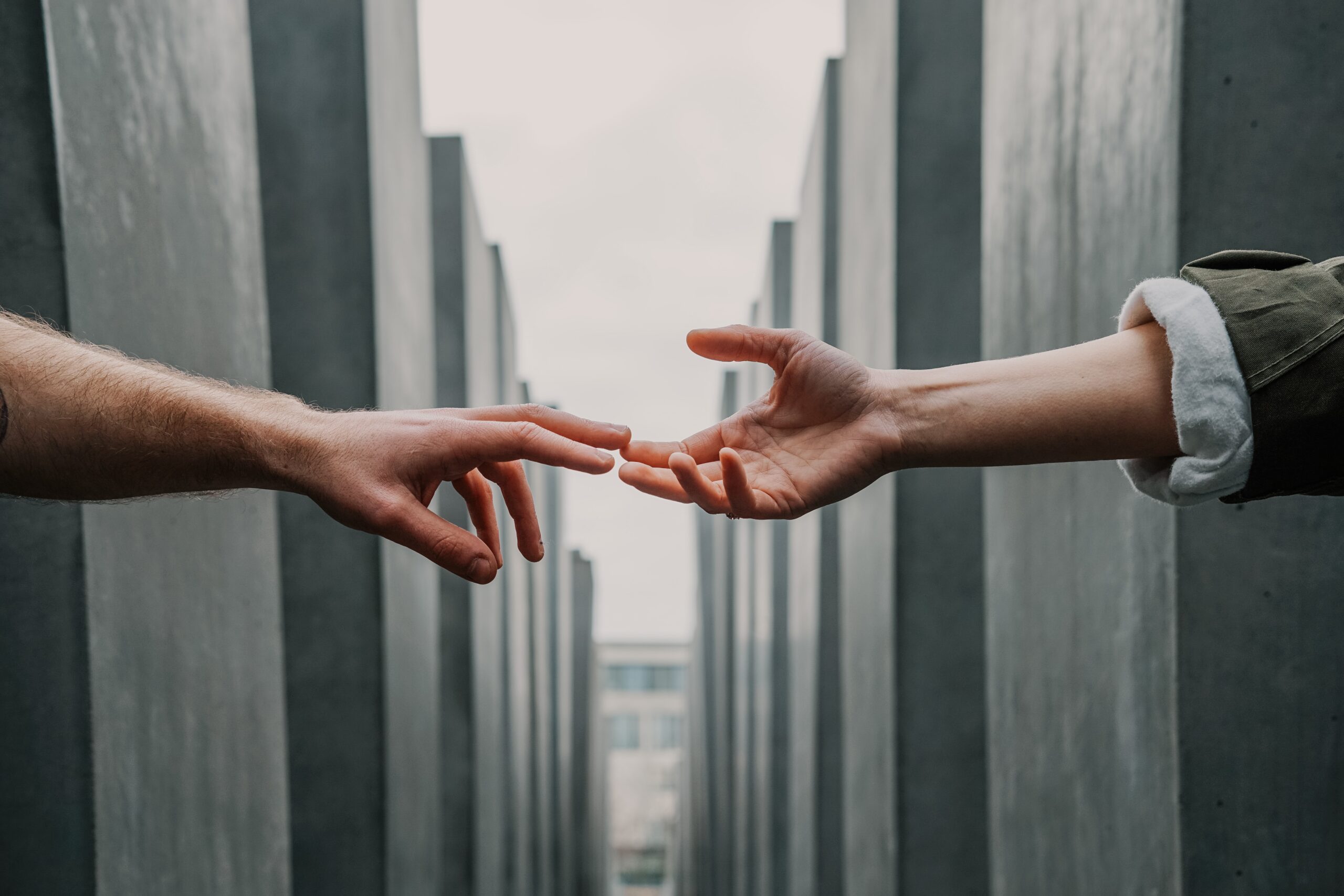Fear can do funny things to our brains. It disrupts the balance in our autonomic nervous system, activating the fight, flight, or freeze response. In times of fear, we are more likely to pull inward or lash outward at potential threats. This is a perfectly normal survival mechanism and something we are seeing during COVID-19. We are quicker to judge those whose actions are different than our own.
While this response is perfectly understandable, it can also be harmful. This is the premise behind the concept of harm reduction.
Harm reduction uses the understanding that shaming, stigmatizing, and ostracizing people does not change their behaviors or lead to positive outcomes. Rather, it tends to drive the actions underground where they are more difficult to trace and more likely to cause additional harm due to unsafe practices and mental health impacts. We can reduce the harm done by these behaviors by taking away the judgment and offering open conversation with helpful strategies.
How does this play out in a pandemic? I will be honest, as someone who looks healthy but is chronically ill and immunocompromised, I experience quite a bit of fear when I see others not practicing the level of social distancing that I feel is safe. Why are people still going into stores or going to work? Why are they not wearing masks? Why are they chatting with friends outside rather than virtually and in private?
I have to remind myself that I don’t know their situation. They may need to go into stores for necessities, or may not be able to afford a delivery service. Perhaps they can’t stay home from work for fear of losing a job that provides much-needed health insurance. Maybe their immune system is strong and they don’t understand the community safety aspects of wearing masks, or they have a health problem that makes wearing masks more challenging. Likely their mental health is struggling right now and being with a loved one outdoors is a crucial form of self-care keeping them going.
I can’t know the truth of each person’s experience. The truth is, however, that shaming people will just serve to make listening more difficult, and will not likely change behaviors. So, I wear my “immunocompromised” badge and mask proudly, and offer friendly tips and information about the choices I have made.
If you find yourself feeling unsafe around people’s choices, here are some things to keep in mind:
- If it feels safe and appropriate, consider sharing your story with them and the impact of wearing a mask for you and your loved ones.
- Keep your distance. Maintaining six feet of space will help protect you even if others aren’t wearing a mask.
- Remember, you can only control your own actions.
As we roll out the Mighty Well Mask (check it out here!) and respond to quarantine restriction changes, please keep this in mind. We hope you will keep yourself safe. We hope you will wear masks and wash your hands and avoid actions that put those around you at risk. We hope to provide information useful in making informed choices. We will share the stories of those of us who are most vulnerable to this virus, so that we remember to keep them in mind when weighing our risks. But we also understand that we are all making difficult choices every day, that it’s exhausting, and that we need compassion now more than ever.

Mighty Well wishes to you all 💚

